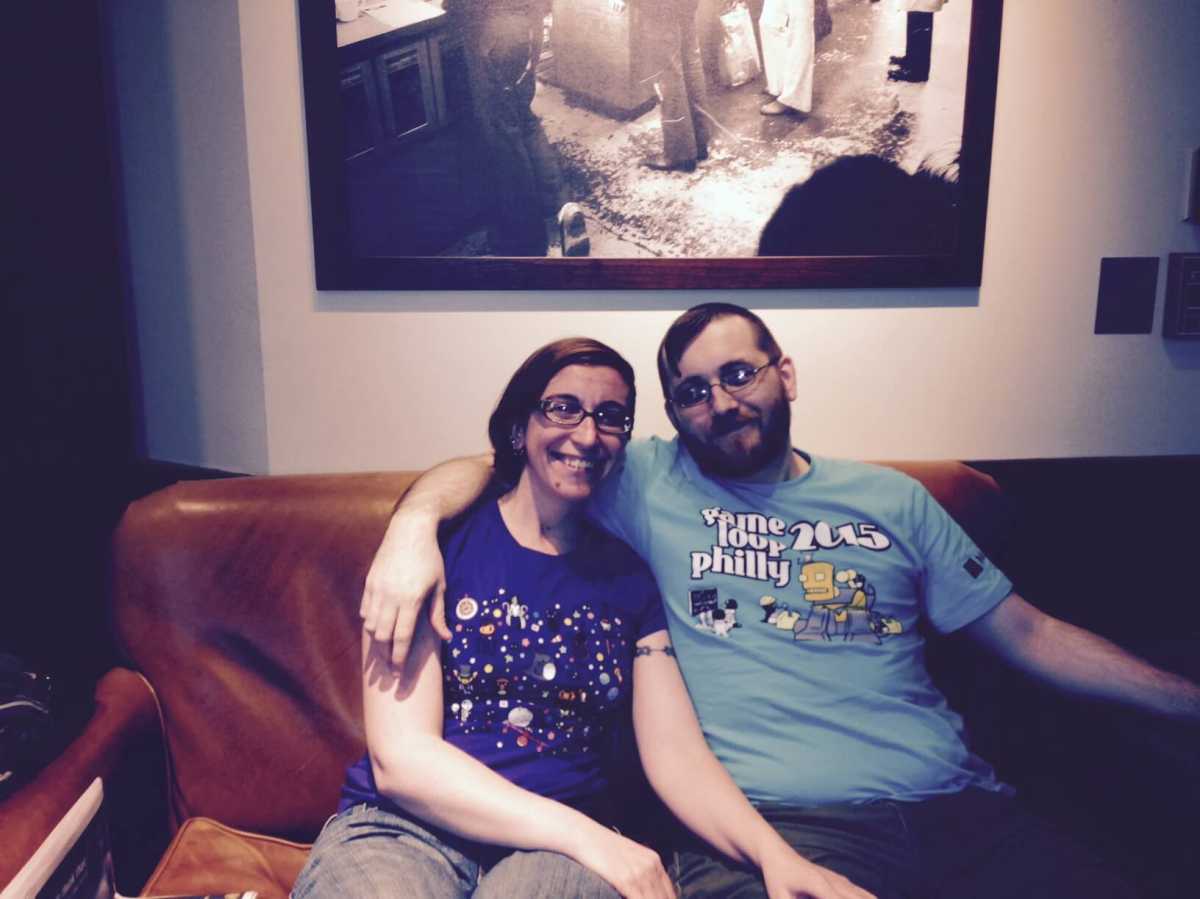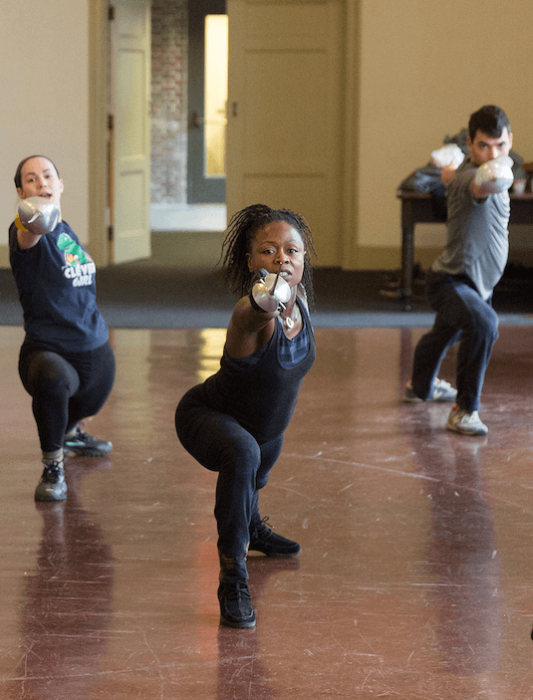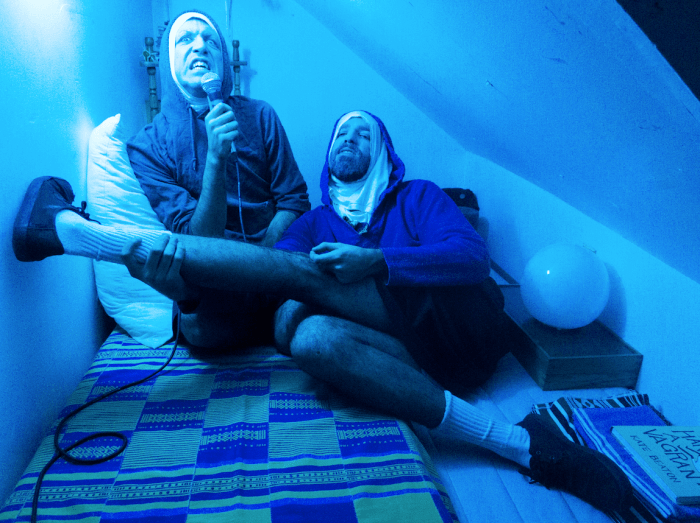Nicole Kline and Anthony Amato had an idea for a card game called Resistor.
They turned to an internet crowdfunding site for the money they needed to make it.
For advice on everything else — including how to manage a successful crowdfunding campaign — they turned to the surprisingly large community of independent tabletop game producers in the Delaware Valley. “It’s such a cool industry,” Kline said. “It’s like ‘OK. Everybody was me at one point.”
Board games, card games and role playing games — the industry lumps these together as tabletop games — have made something of a comeback among consumers looking for a social experience. Bars and restaurants have begun stocking them or hosting game nights, while industry experts say more retail stores than ever are able to sell games and survive. That resurgencehas fueled local game designers, who, more often than not, turn to websites like Kickstarter or Indiegogo to get their projects off the ground.
The area boasts no fewer than four groups which hold monthly events where indy designers can show off their ideas and play unpublished prototypes.
“Philly has a really good group here,” said Jason Tagmire, a south Jersey resident who has produced seven or eight games. “I know people from New York who come to Philly meetups.”
One of the most important phases of game designing is play testing and feedback. The gamer meetups help meet that need.
“It’s important to not just make, but play games, so you know what’s going on,” Amato said.
Jonathan Cooper, maker of a bar game called Thinking & Drinking, which poses questions like “If giving up cheese made you immortal, would you do it?” Cooper raised $$27,000 on Kickstarter, said his best testers included family and friends. But he also gave some to bars for testing. “Rather than us being there, we said, “‘Why don’t you just use it. That we we’re not influencing it and getting responses from people that are just trying to be kind,’” Cooper said.
The game designers caution that making these is not a full-time job, or even a lucrative hobby.
“If these games sell 10,000 copies, they’re doing really well,” said Chris Kemmerer, owner of The Game Keep in West Chester, a store that stocks more than 2,500 indy game titles, many of which, he admits, take a bit of time to sell. That doesn’t deter the gamedesigners, many of whom are motivated by an intense interest in the hobby.
“Most of the time, if somebody is heavy into board games, they’re going to make their own,” said Jason Tagmire. “You’re thinking about what makes this game better, and by the time that say that, you probably have a game in your mind.”
For local board game designers, more than a role of the dice





























